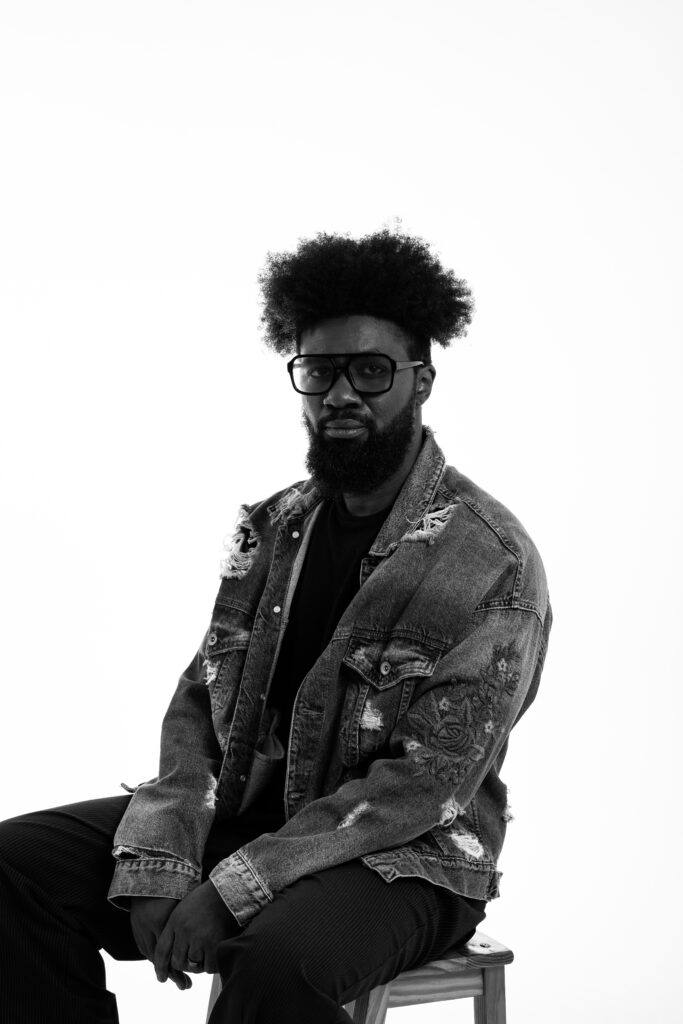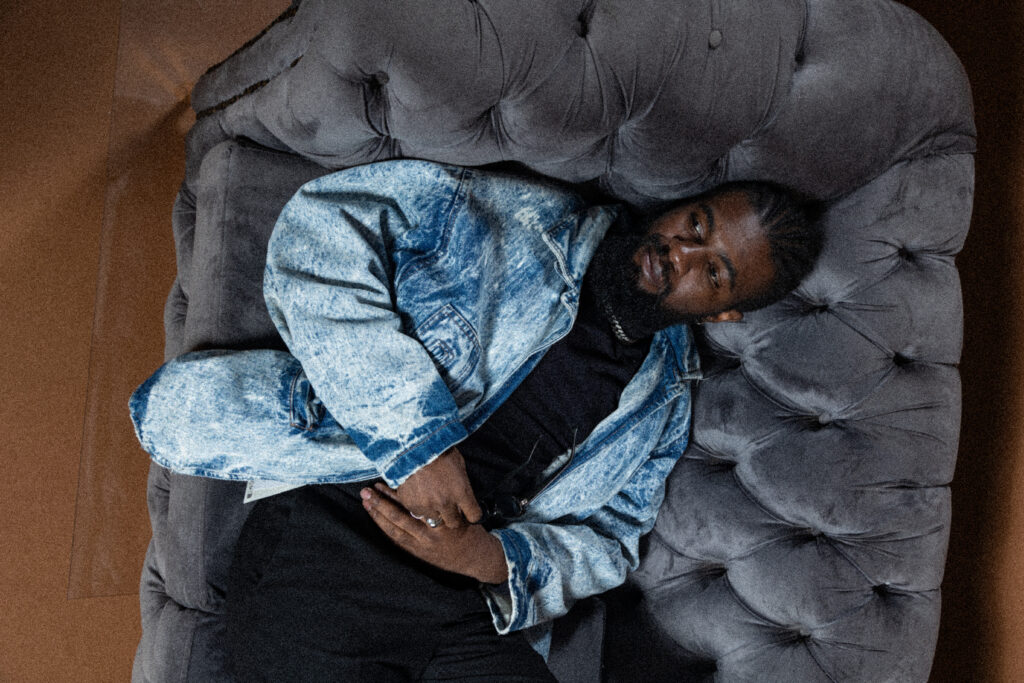From gracing the studio with musical visionary and Afropop extraordinaire TRESOR to working the cauldron of sounds for Canadian global star Drake’s 2021 Afrobeats offering “Fountains”, Congolese producer Muisha Hubert Batundi – professionally known as Batundi – has stretched the bandwidth of his capabilities behind the sound desk as far as they could to weave a cobweb of music connecting his motherland to other lands. With a wealth of experience, an ear with a penchant for forward-thinking music, and a resume that continues to fatten with every undertaking completed, the soundsmith’s momentum proclaims that the finish line is nowhere in sight for the muso.
Having grown up in Kenya and being raised by his father, a preacher, Batundi was already something of a rolling stone from a young age, and by seventeen he was already on the road to Uganda to pursue music full-time. It was not long before his path redirected him to South African shores, where he continued to concoct his unique sound. And for the producer, becoming a musician in some shape or form was a long-time dream he never saw himself outside of as a grown-up.
“I was born in a musical family. And from the very start I knew that I’ll be a professional artist. I have never seen myself doing anything else outside of the creative space,” he said.

Batundi | SUPPLIED
Having already solidified his rep as a producer of formidable standing, Batundi’s most recent foray in music was his audacious expansion into lead artistry with his debut single, “Naliya”. Backed by the poignant star power of SAMA-winning singer-songwriters TRESOR and Msaki, the producer’s maiden single is a dreamy ballad that eschews the convention of following one genre by blurring the lines between afropop, R&B, and dance to create a fusion which sets an appropriate backdrop for the themes of heartbreak and the pain of dealing with failed romance.
An enviable entry to kickstart his catalogue as a solo musician, he spoke briefly about the experience of hitting the studio with the pair to work on the track.
“First of all, it’s such a privilege and humbling experience to share a creative moment with two of my favourite songwriters. The process was a bit long due to their busy schedule. But every time we met it was just an incredible connection and creative flow,” he said.
Have a taste of “Naliya” below:
Likening his musicianship to how he related to paintings and the masterly mixture of colours, Batundi spoke about shirking the idea of colouring within the demarcations of genre in order to create music that appeals authentically to the listener and moves with feeling in real time.
“One thing that has been a real creative superpower is that ability to block the whole idea of genre out of my mind. I genuinely dislike the whole idea of genre because it’s very limiting. When I wake in the morning and pick any of my instruments, I don’t really think: ‘Okay, what genre should I make?’ I look around and listen to how things feel or what’s happening around me and then I create using that. The label and my team are the ones that decide where and how to categorise the songs I bring forth. Music is music regardless of country or region. So, I just see music as colors. I just to paint without limitations or external influences,” he said.

Batundi | SUPPLIED
Inspired by a plethora of instrumentalists, such as Lokua Kanza, Miles Davis, Richard Bona, and Tony Allen, and producers including Pharrell Williams and Quincy Jones, Batundi, although he never followed in the pastoral footsteps of his father, conceded that his ascent as a producer has been one of divine appointment and a collection of little opportunities maximised along the way.
“I really believe in God’s timing. For me, it has been moments and not one big moment. It’s a series of moments that build up like blocks. I believe there are still moments to come that will shine the light words me even more.





